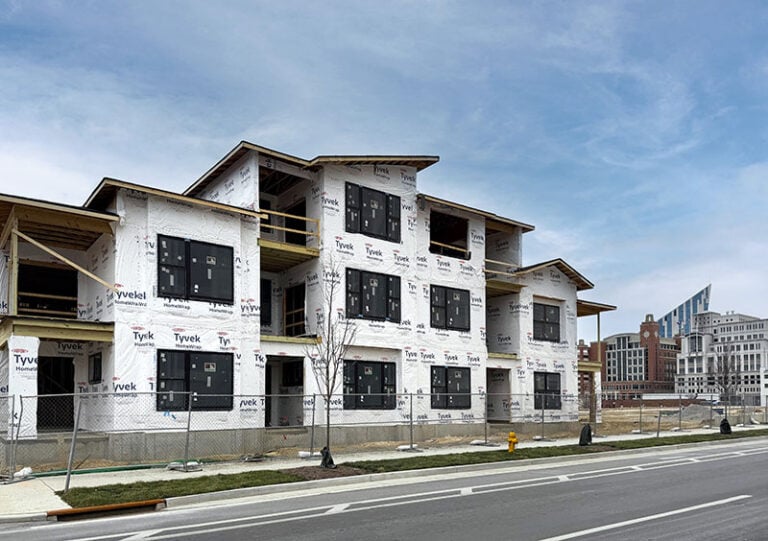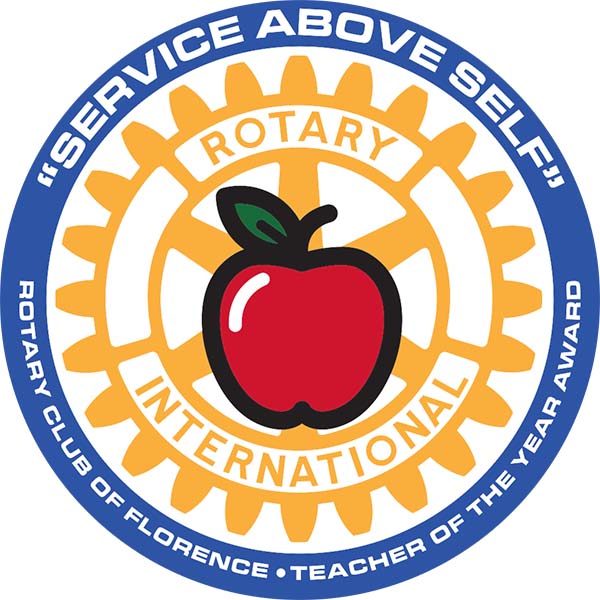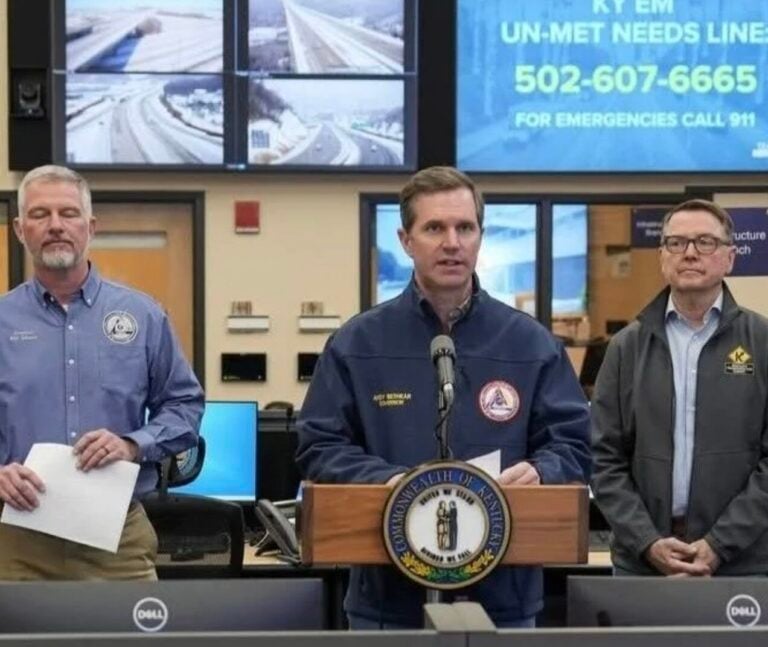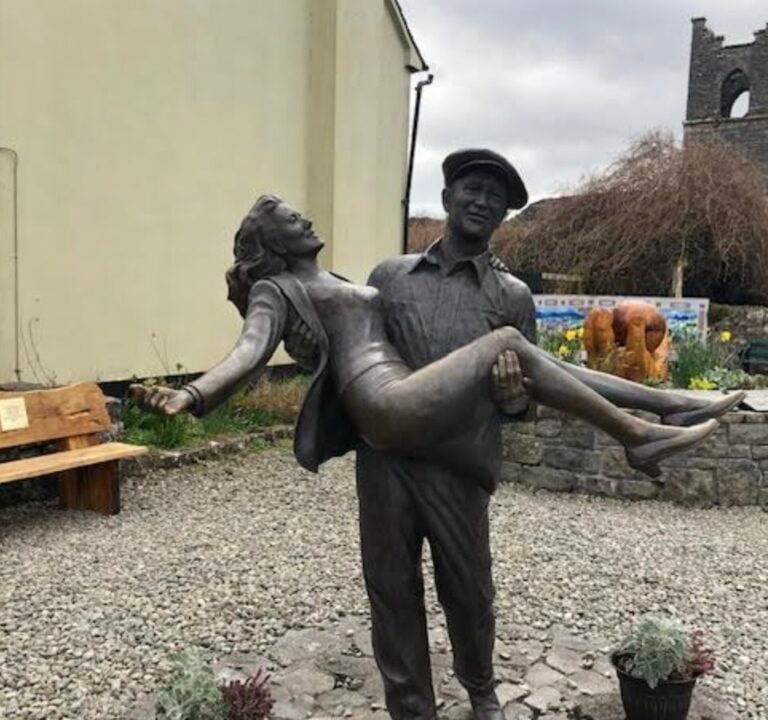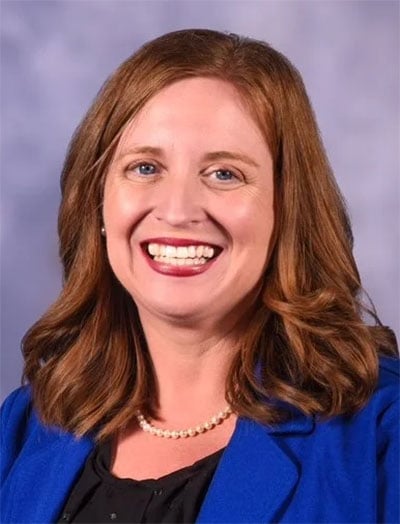
I have worked in the insurance industry now for some 20-plus years and am proud of the good work my colleagues and I do for our clients and communities. Our industry as a whole is responsible for putting countless families and businesses back together after a wrecks, fires and tragic events that otherwise might have left them bankrupt, homeless and destitute.
Even so, the insurance industry is often demonized – and often unfairly. After all, the insurance industry is like others in that it has to answer to shareholders and must operate profitably. Whenever I hear unfair complaints, I ask a simple question: Can you imagine a world without insurance?
Consider first what insurance is: a practice or arrangement by which compensation for specified loss, damage, illness or death is guaranteed in return for payment of a premium. It provides protection against a possible eventuality that will result in a loss. It is effectively a method of managing risk, in an attempt to hedge against loss or minimize the effects of risk.
In America, if insurance didn’t exist there wouldn’t be workers compensation insurance, health insurance, fire insurance, auto insurance, mobile phone insurance, liability insurance, life insurance, or even social security and unemployment insurance.
Without insurance, most of us would be afraid to invest our hard earned income in purchasing a home that could eventually burn down or be flattened by a tornado. Only the very wealthy could afford to take that risk.
Without insurance, businesses would eventually fail after a catastrophic loss, workplace accident or lawsuit. And when businesses fail, economies fail.
Without insurance, our health would decline as doctors and surgeons would be unwilling to perform certain procedures, and patients would have to accept the risks without any form of compensation if something was to go wrong. What’s more, it is estimated that the death rate in any given year for someone without insurance is 25 percent higher than an individual with health insurance.
Without insurance, vehicle ownership would be burdened with too much risk. One mistake on the highway and you’d not only lose your vehicle, but risk bearing the cost of other people’s vehicles and property and of compensating for injuries and death. Without insurance people might drive in a safer manner, but the stress of a financial loss would almost be too severe, and no compensation would become commonplace after an auto accident.
Without insurance, all travel would be risky. Airline carriers would refuse to take on the risk of large-scale accident claims, forcing travelers to accept disclaimers. That alone removes some incentive to keep planes safe.
You get the picture. Insurance is a necessity.
It also allows us to improve our standard of living as it protects us from eventual and devastating losses. It plays a fundamental role in making our economy stronger and it encourages innovation and competition in our capitalistic free society.
So I have to ask, have you hugged your insurance professional lately? Without our industry, this world would be a much different place to live.
Be safe, my friends.
Keven Moore works in risk management services. He has a bachelor’s degree from University of Kentucky, a master’s from Eastern Kentucky University and 25-plus years of experience in the safety and insurance profession. He lives in Lexington with his family and works out of both the Lexington and Northern Kentucky offices. Keven can be reached at kmoore@roeding.com.







